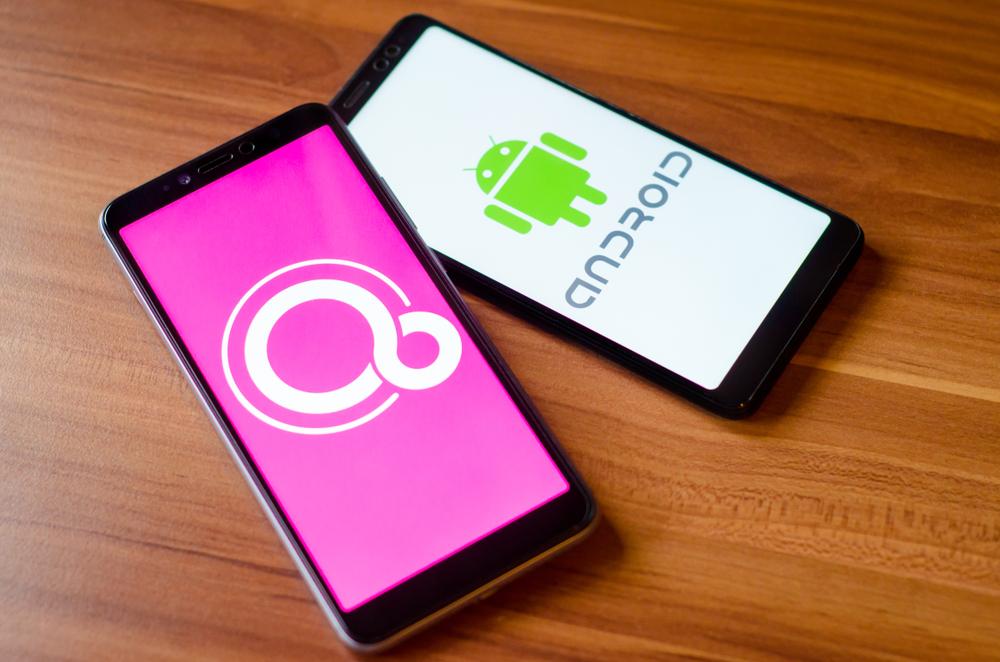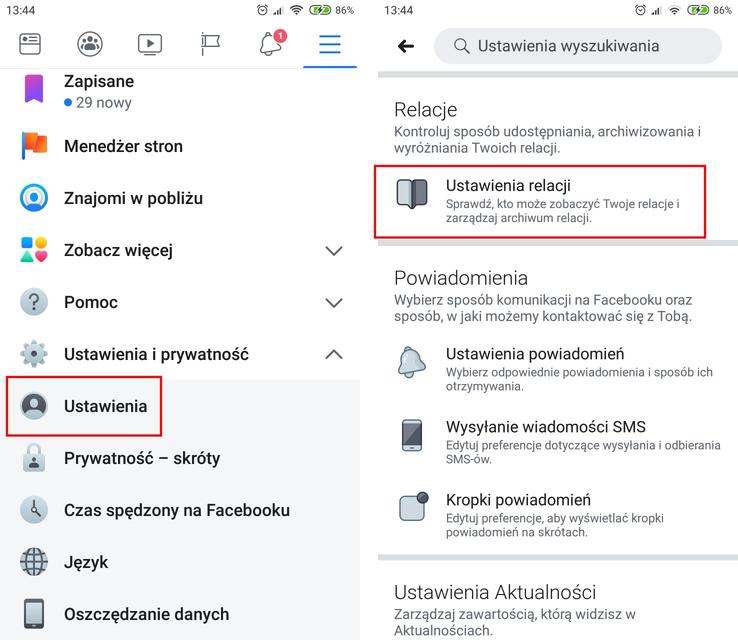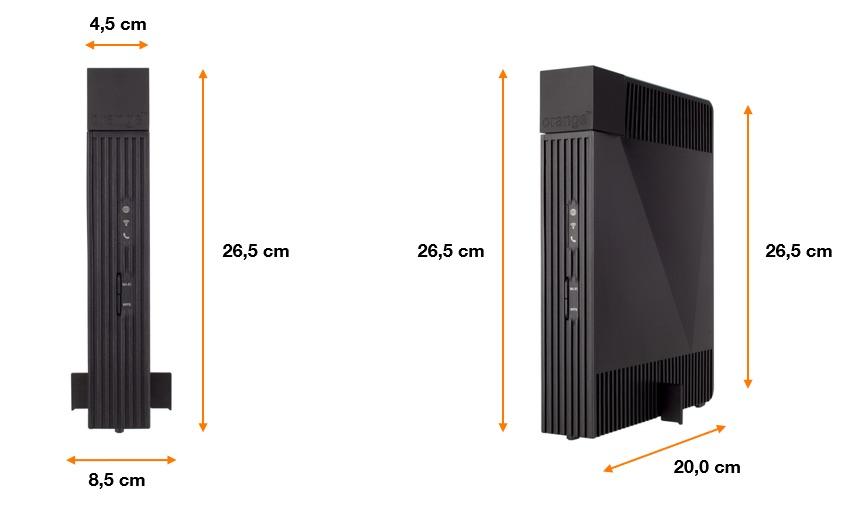Samsung, the world's largest Android smartphone manufacturer, can ultimately lose this title, and on its own initiative.
Android as an operating system is an extremely flexible creation, because it drives not only telephones or tablets, but also a whole lot of intelligent haberdashery and internet devices.In addition, which is of considerable importance, it can almost personalize it, which is vividly evidence of numerous producers' overlays.Often even turning UX and UI upside down.
Nevertheless, the price of this flexibility is the redundancy of the code.Maybe not everyone is aware of this, but the beloved work has hundreds of libraries under the hood, whose use can be negligible, not to say zero.Let the example for example to the printer drivers serve as an example.I put dollars against nuts that even if someone prints straight from the smartphone, it is rather through an external application, which from the march to follow the printer data, instead of using a system framework on the way.
Rumor: Samsung will replace Android for Fuchsia OS
Hence, it's hard to talk about optimization for a specific device and probably the search for alternatives is born, and this topic was supposedly bent by Samsung, which ultimately wants to abandon Android in favor of Fuchsia Os.This information was first provided by Korean informant Dohyun Kim, and then confirmed by Blogger Ice Universe.For now, it is a melody of the future, addressed to be implemented in a period of not less than four or five years, but key decisions have allegedly made.

Samsung: Hello Fuchsia!👋 (don't be too excited. It will take a few years for samsung to adopt it.) Https://t.co/llwfqqs0bu
— Dohyun Kim 🎄 (@dohyun854) December 22, 2021What is Fuchsia OS and why would he surpass Android?- you will ask.It's easy.Instead of relying on an overgrown Linux nucleus, this system uses the original Zircon microkernel.As a result, in the lowest layers he only has absolutely canonical functions, such as a dispatcher or interruptions.Everything else must ensure on his own, so it overlaps work, but thanks to this avoids unnecessary components and can optimally use hardware resources.
We learned that Samsung is interested in Fuchow in mid -2021, when it came to light that the company from the crane added to the project support for the ownership F2FS file system.At that time, however, no one thought that it could be about smartphones, because while microkerneles in the IoT world are nothing special (see Huawei), based on this kind of concept of the entire smartphone is an extremely complex undertaking.Sure, the Koreans should not be missing, but the implementation itself is another one.Either way, it remains to keep your fingers crossed because there is a spark of hope for a breakthrough.
Chcesz być na bieżąco? Obserwuj nas naGoogle NewsSource of photos: Shutterstock (lutsenko_olesandr)
Source of text: Twitter (Dohyun854), ed.own
Tagi:androidfuchsia ossamsungsystem operacyjnymikrokernel

